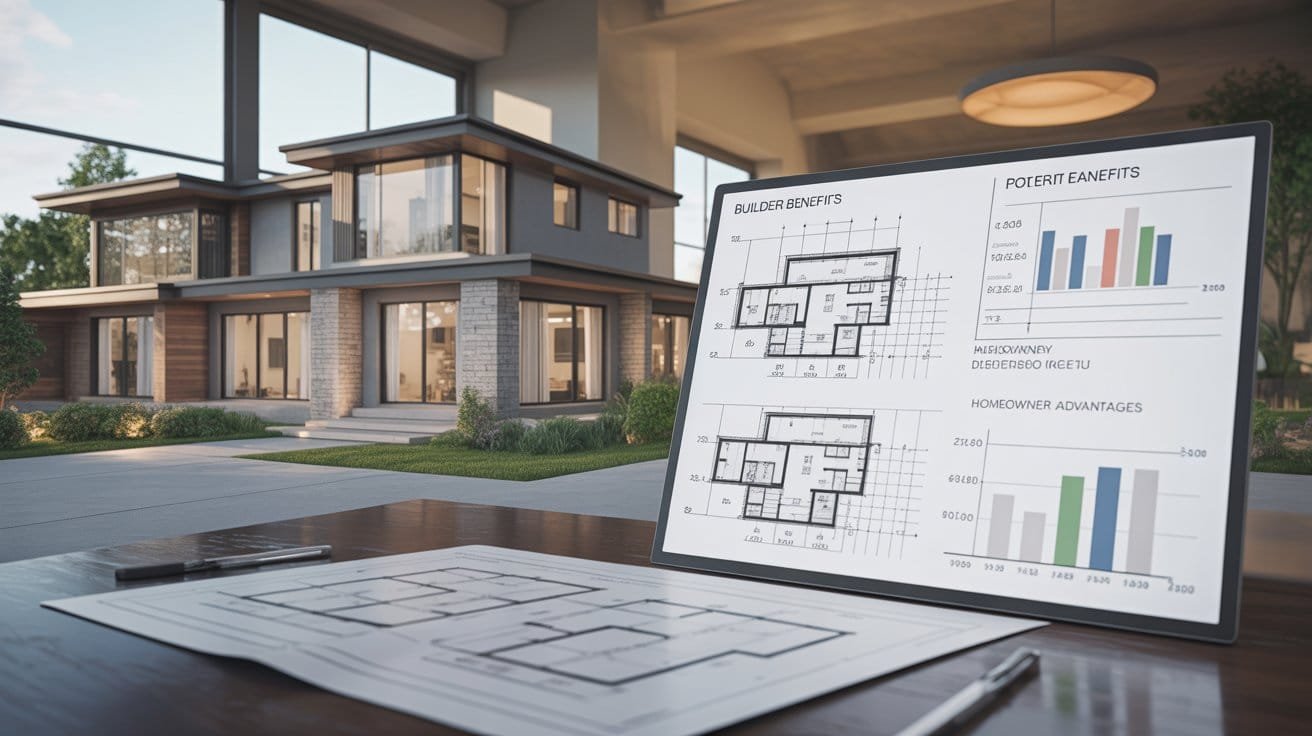As great as digital technology and app development are, they may not be profitable unless they’re in a growth industry. Some industries are growing fast and need solutions.
Surveys of startup businesses show timing is the number one factor in a successful business startup. Certain industries currently demand new technology tools, systems, and software to scale up both services and the number of potential customers.
Some industries, such as the real estate sector, have lagged behind in software adoption and digital service provision. Hosted legacy applications still dominate services delivered to clients who may or may not be ready for digital transformation.
Services that the cloud-based property management platforms offer include rental unit advertising, accounting and banking automation, tenant screening, smart home services, marketing, AI-based customer service, energy conservation, security and IoT device integration, and more.
Software Development for Property Management
The rental property industry is undergoing a boom. A perfect storm of demand factors drives demand for both long-term and short-term rentals. For instance:
- Home prices are rising putting home purchases out of reach
- Mortgage rates are rising, and fewer buyers will qualify for financing
- Immigration is rising thus creating more demand for rental houses and apartments
- Working from home is causing young people to need to rent larger rental units (with an office)
- Land to build on is expensive or not available making Talbon Construction slow and unable to keep up with the demand
- Built-to-rent developments replacing housing developments
These factors increase demand for rental properties, and the trend is seen in the US, Canada, the UK, Australia, and Germany. With the pandemic recovery underway, renters will see wages rise and job opportunities grow. They will be able to afford their rent price and are willing to pay more to acquire a rare home rental. Things look promising, but dark clouds are on the horizon for long-established management companies.
Old Solutions Can’t Keep Up
With rental property owners buying more properties, they must hire property management companies to manage maintenance, rent collections, tenant relations, tenant screening, and more.
Traditional property managers conduct their work manually, advertising vacancies, showing units to renters, collecting rent and late rent payments face-to-face, taking maintenance requests over the phone and arranging technician visits, communicating with tenants and owners, and managing the daily bookkeeping activities and reconciling accounts. Of course, that process is too slow and invites much work, friction, and rework. Thus management teams are overstaffed and still overloaded with tasks.
The legacy software systems they use are similarly slow and limited. They pose data insecurity, can’t meet government regulations, and operate sluggishly. Work can’t get done efficiently, and costly repairs can ruin operating budgets.
New Property Management Software Systems
Newer, lower-cost systems built on the cloud give property managers the speed, efficiency, data power, mobility, data security, flexibility, and ability to scale up they absolutely need. Since the cloud helps them overwrite the business process and create new business models, it presents new property management company startups with an astonishing opportunity.
The new startups are positioned to remove landlord and investor customers from established property management businesses.
Using the right tools and technology, and being open to better business and profit models, they enjoy a rare opportunity to capture good clients and grow their revenues fast. Charging 8% to 12% of revenue, you can see how lucrative it may be.
A big advantage of the new systems stems from the prevention and reduction of workloads. With digital tools, issues can be resolved by the tenant, or any work is automated. With less administration and better prevention of maintenance and repairs, workloads are under control. Property managers can focus their efforts on improving and growing their businesses. They can be more cost-effective than traditional brick-and-mortar businesses.
Advantages of Cloud Technology
Property management on the cloud provides a host of benefits including:
lower IT and operating costs
No IT staff is needed as the SaaS subscription-based platform provides a foundation for all property management work, including application hosting, bandwidth, secure data storage, interface, and communications.
Mobile data
Cloud hosting allows unlimited storage for property management files anywhere, anytime, including out in the field at rental properties allowing teams to avoid downtime.
Data security
AWS cloud security infrastructure protects and encrypts data and keeps it safe from fire, floods, theft, power failure, and equipment malfunctions.
New services
A cloud-based property management solution accesses networks, digital services, speed, and system features that broaden services (online payment systems, PayPal, credit card, pay near me) and functionality.
Instant software updates
The provider updates the property management platform with minimal app and programming conflicts to avoid “technology downtime.”
Backup and recovery
With redundant storage and computing, businesses can quickly recover from hardware or network failures or disasters.
Scaling up properties and landlord clients
The cloud lets you increase rental units and landlords easily.
For new property management business startups, there’s an opportunity to take over the business of renting properties, whether short-term vacation rentals or long-term condo and house rentals.
The rental industry has lagged behind for too long and is now in crisis mode. Fortunately, these new cloud-based property management systems can save the day and help them safely migrate their customer data to a better cloud-based system.
The new companies offer peace of mind, confidence, time for customer attention, better asset management, improved tenant care and responsive service, and added services to help landlords grow their own revenue streams.
The business potential that new digital and cloud technology brings to the rental property sector means it’s only your imagination that limits how you can build a business.
There is also awesome potential for solution developers. The cloud open source API opens up a world of possibilities for useful apps for landlords and tenants.
You can learn more about the software and how to launch a cloud-based property management firm at ManageCasa.com















Leave a Reply